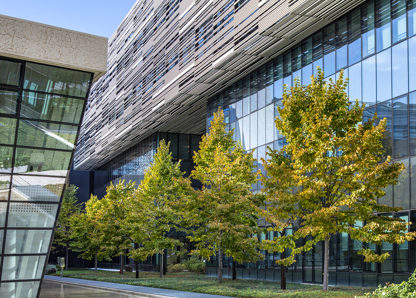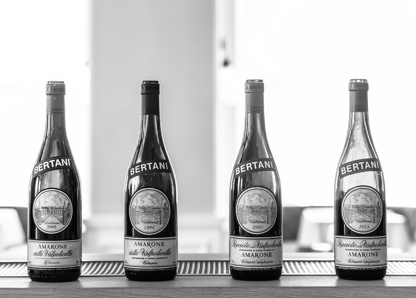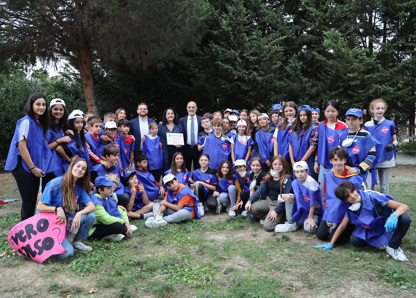Rediscovering the sense of community as therapy
Those who experience the suffering of a complex disease say it, but even caregivers say it: facilities are needed to ease the burden of commitment and courage. Facilitating a health journey for patients and their families is the premise behind the Casale Angelini project, Italy’s first care house.
Share

Listening, participation, sharing, and trust: patient care is no longer an impersonal and detached process, but puts the individual and their physical and psychological needs at the center.
Towards the humanization of care
The difficulties experienced in recent years have accelerated the development of new patient management solutions and models (hospital-community integration, remote management, etc.) that focus on all the stages of the personal care experience of an individual and of the figures involved.
The goal is to build a network of relations and services capable of ensuring patient involvement, empowerment and continuity of care.
The concept of patient journey is based on these assumptions: keeping in mind both the outcomes linked to the effectiveness of treatments, but also those linked to the experience of the disease and quality of life. It is an approach that does not refer only to the patient, but also to the caregiver: a precious figure, but whose needs for both emotional and practical support are often underestimated. With different speeds and methods, depending on the contexts and therapeutic areas, we are experiencing a moment of great innovation both in the way research is done and in terms of care. In the field of oncology, in particular, the need to set up personalized pathways aimed not only at physical rehabilitation, but also at psychological and social rehabilitation is growing stronger.
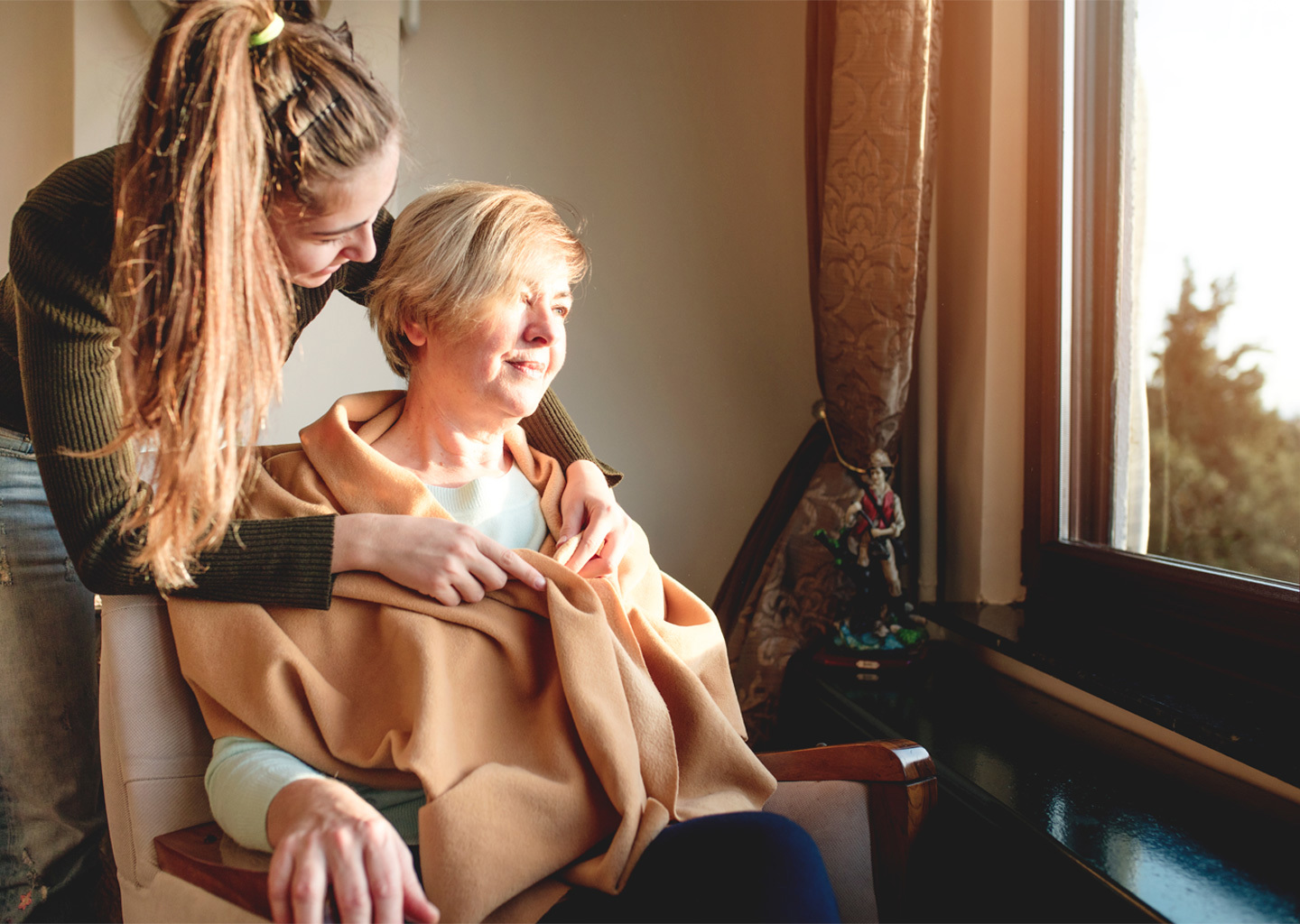
According to AIOM (Italian Association of Medical Oncology) and AIRTUM (Italian Association of Cancer Registries) data, approximately 1,000 cases of cancer are diagnosed every day in Italy. It is a significant figure that gives an idea of the effort that the Italian SSN (National Health System) has to make. Each case differs in care needs. Hence the need to reorganize the entire oncological area, which today is almost entirely focused on the hospital setting, providing for new delocalized community settings, including the possibility of home care and home delivery. In this context, the NRRP (National Recovery and Resilience Plan) with the Missione Salute (Health Mission) plan is a huge opportunity for the oncology sector. Together with pharmacological and diagnostic innovations, it has become a priority to establish which services can be performed in care settings other than hospitals, especially as regards cancer patients with active chronic treatment and for those in follow-up care. To reduce the burden on hospitals, widespread Oncological Networks become essential as, among other things, they would also reduce regional mobility, ensuring patients the necessary care with the utmost proximity to their usual environment.
Casale Angelini: the first Italian cross-setting care model
The investments planned under Mission 6 of the NRRP are largely aimed at reorganizing the health system towards a model that focuses on the territory and the care networks. In order to achieve hospital-community integration, it is essential for all the players who revolve around the patient (families, caregivers, institutions, doctors, health professionals) to have a continuous and transparent dialogue with each other.
The goal is to create a shared treatment path from the prevention
to the treatment of a disease.
The NRRP has highlighted the need for various care facilities to best ensure a better quality of life for patients suffering from chronic pathologies.
In this regard, besides the allocated national funds, commendable initiatives have also been launched by private entities. An example of this is the Casale Angelini: the first Italian care house created by the Angelini Foundation, which has been put at the disposal of the Ospedali Riuniti Hospital of Ancona and which hosts patients being treated in the hospital’s oncology unit.
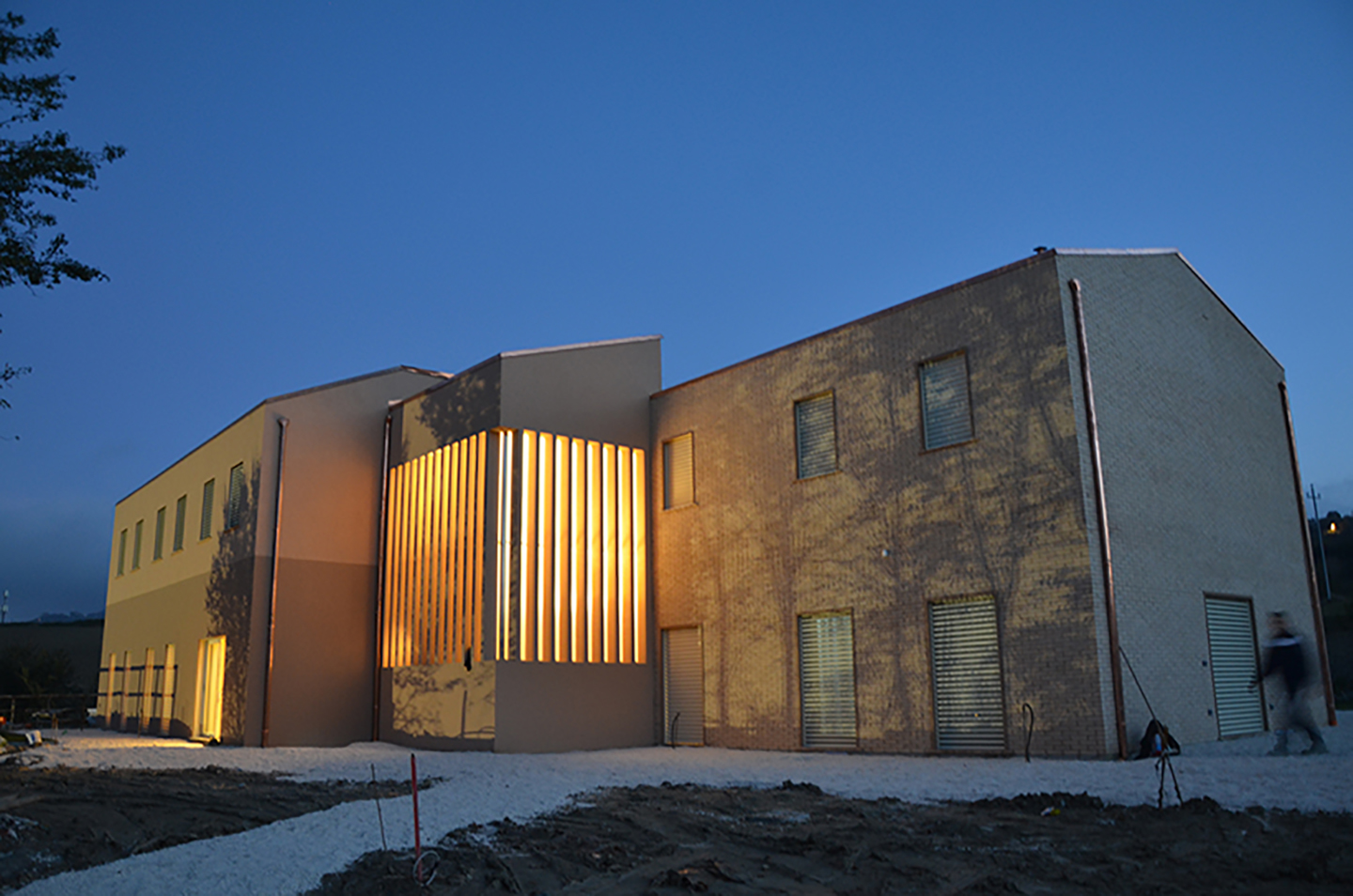
Patients are admitted under a memorandum of understanding between the Marche Region, the Municipality of Ancona and the Marche Polytechnic University, in addition to the aforementioned players. The agreement also sets out the length of stay. Patients have free welcoming accommodation, designed like a home. Dining rooms, a TV room and a garden welcome those who, for various reasons, cannot return to their homes, ensuring them continuity of care. The Casale is inspired by the values that have always been the cornerstone of the Angelini Foundation. It aims to meet the physical, psychological and social needs of patients thanks to a specialized team of volunteers from the Artis association, active in the field of research on nursing and support therapy. The project also stands out for having been carried out with a view to sustainability and energy saving, highlighting Angelini Industries’ attention to the local environment. This initiative is the common thread that holds all the Group business units together: the culture of caring.
 Angelini Industries
Angelini Industries
